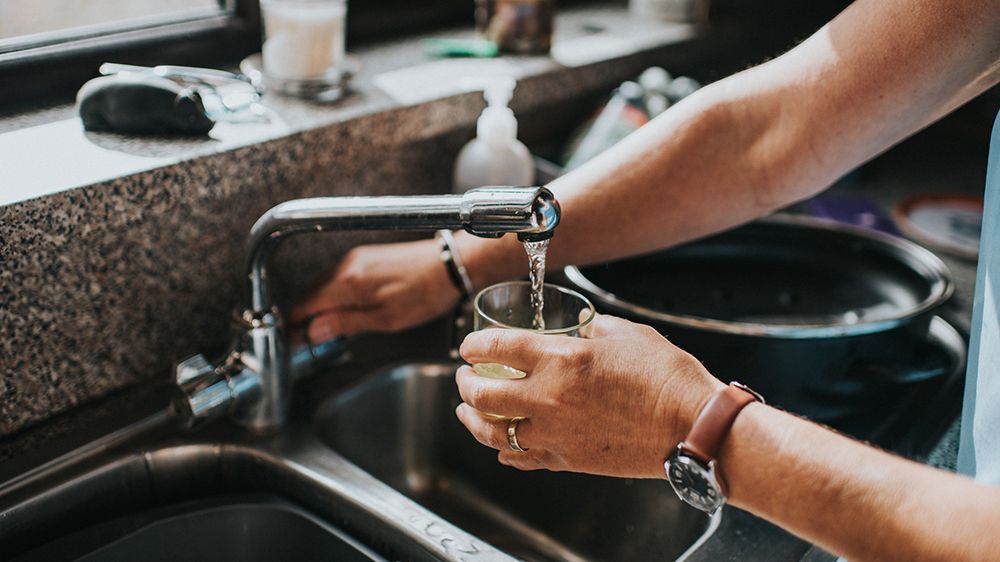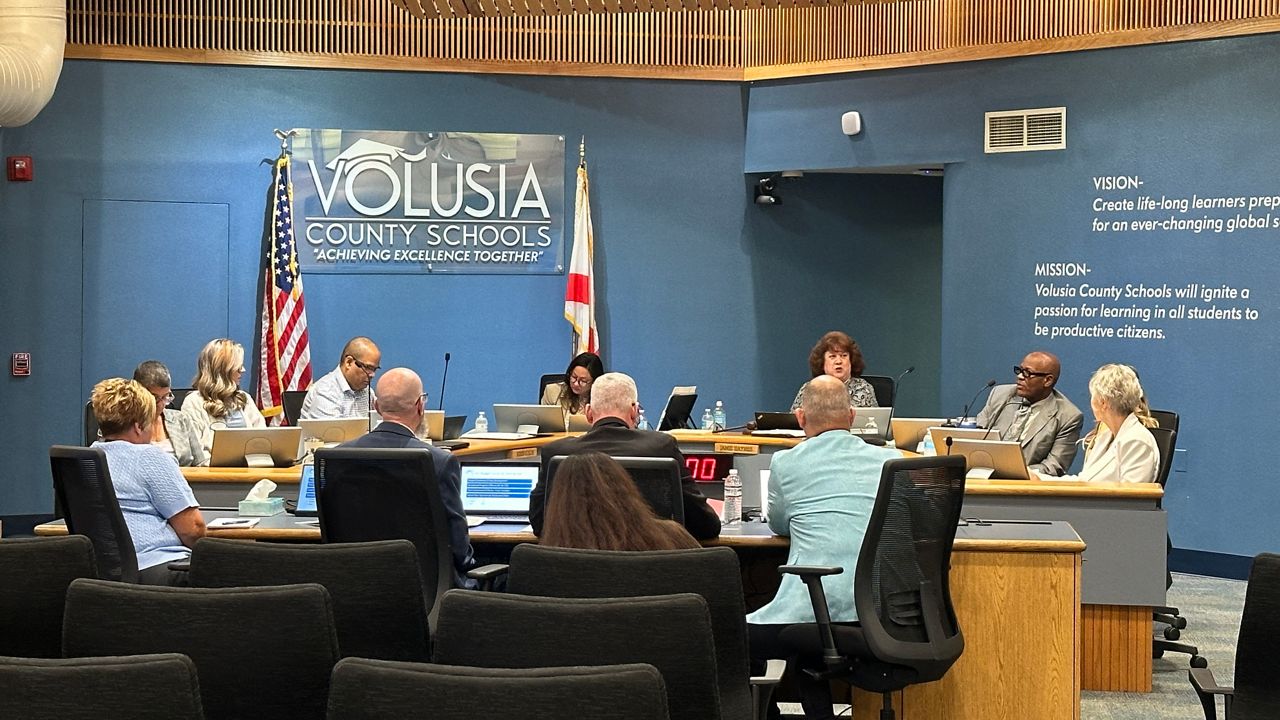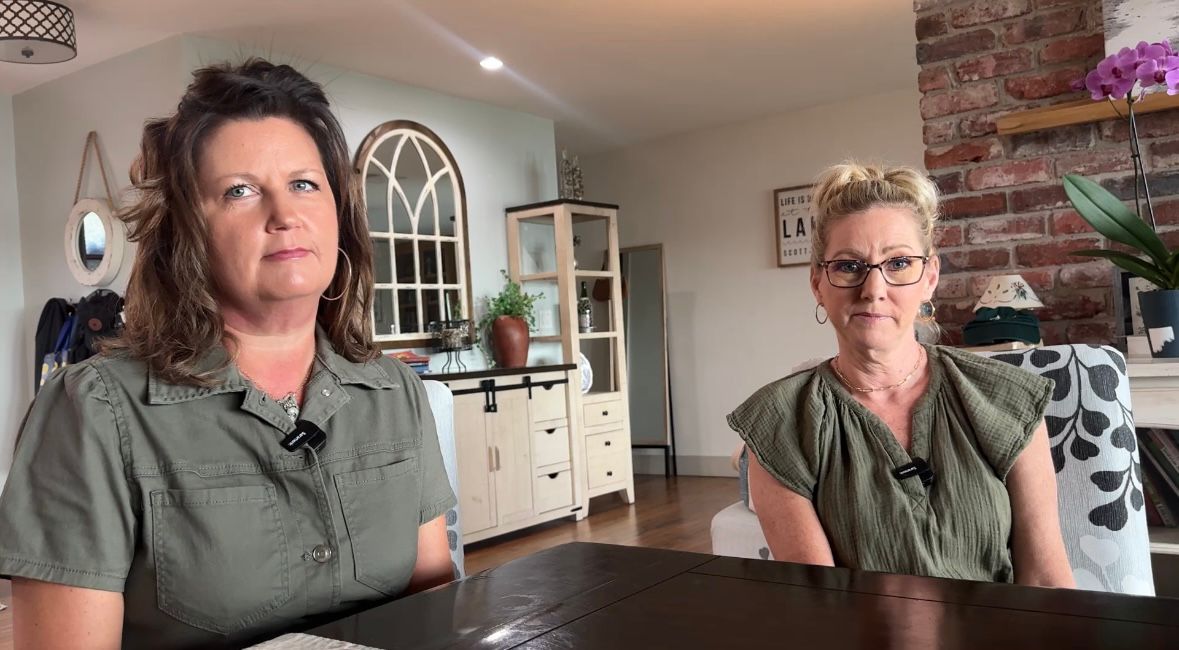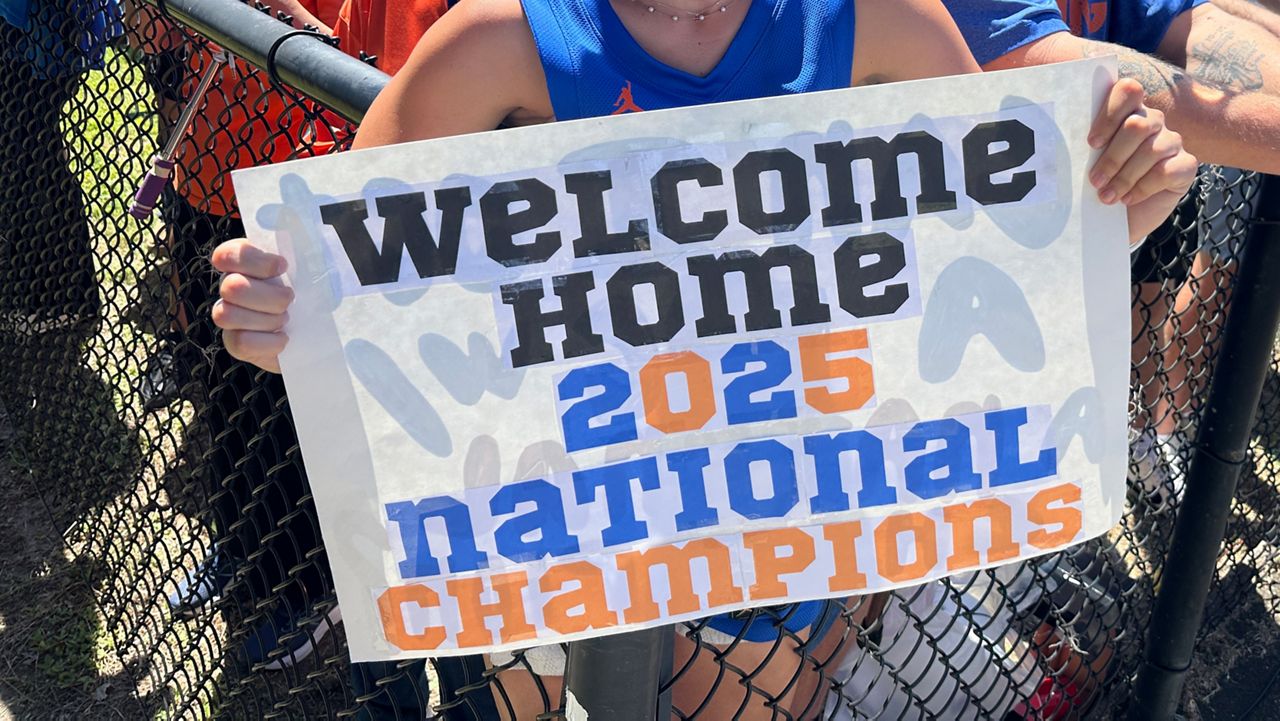ORLANDO, Fla. — On average, women earn less than men — something that’s remained relatively constant over the past 15 years, and it will take another 39 years for women’s wages to reach the same level as men, according to the Institute for Women’s Policy Research.
"Sometimes I feel like a woman’s job is supposed to be at home,” shares Shaniqua Rose.
Orlando community advocate Rose is passionate about fighting for fair and equal wages among genders and ethnicities. Her seven year old son serves as her inspiration. As a single mother, every day is about providing him with what she missed out on growing up.
Rose experienced homelessness as a teenager, after leaving home due to what she calls a lack of good examples. She graduated high school early, before going on to get her bachelor's and master’s degrees in public administration. Ros says she pursued higher education because she felt it was needed to get to the top. Even so, she says she still feels like there’s a glass ceiling when it comes to wages.
Rose isn’t alone in feeling that way. According to the Institute for Women’s Policy Research, Hispanic and Latina women make an average of $.57 on the dollar compared to white men, while African American women make an average of $.64 on the dollar. White women make $.79 on the dollar.
"It inspires me to keep going because if I don’t do it, who will? And you have to motivate and get up and want to fight,” explains Rose.
Rose understands all too well what it’s like to fight, to lose, and to get back up and try again. She shared how she lost her husband to gun violence the day before her first son turned one. Her first son then died two years later.
For her, genuine change will come from two things: understanding the disparities occurring in our communities, and then crafting legislation to address those disparities.
“You have to investigative, ask questions, and have uncomfortable conversations and when you get to the nitty gritty and have those conversations. Then you say, 'Now I figured out the problem, how do I solve it?'” says Rose.









